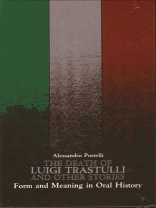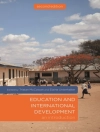Portelli offers a new and challenging approach to oral history, with an interdisciplinary and multicultural perspective. Examining cultural conflict and communication between social groups and classes in industrial societies, he identifies the way individuals strive to create memories in order to make sense of their lives, and evaluates the impact of the fieldwork experience on the consciousness of the researcher. By recovering the value of the story-telling experience, Portelli’s work makes delightful reading for the specialist and non-specialist alike.
Table of Content
Introduction
1. The Death of Luigi Trastulli: Memory and the Event I. On Methodology 2. Research as an Experiment in Equality
3. What Makes Oral History Different
4. ‘The Time of My Life’: Functions of Time in Oral History
II. Two Industrial Cultures
Section One Terni, Umbria, Italy
5. Dividing the World: Sound and Space in Cultural Transition
6. Uchronic Dreams: Working-Class Memory and Possible Worlds
7. The Best Garbage Man in Town: Life and Times of Valtàro Peppoloni, Worker
8. Sports, Work, and Politics in an Industrial Town
9. Typology of Industrial Folk Song
Section Two Harlan, Kentucky, United States
10. Patterns of Paternalism: From Company Town to Union Shop
11. No Neutrals There: The Cultural Class Struggle in the Harlan Miners’ Strike of 1931-32
III. The Interdisciplinary Approach 12. The Oral Shape of the Law: The ‘April 7 Case’
13. Absalom, Absalom! : Oral History and Literature
The Narrators
Notes
Index
About the author
Alessandro Portelli is Professor of American Literature at the University of Rome ‘La Sapienza.’












